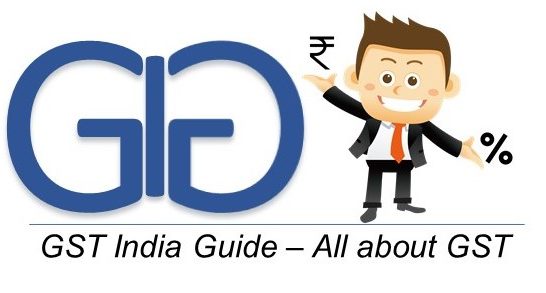This leaves mainly the contentious issue of administrative turf between the Centre and states for Friday. Some state finance ministers did not rule out the Centre resorting to voting for resolving the issue of control over assessees under the proposed regime.
Beside administrative turf, the Friday meeting will take up the Integrated GST (IGST) and compensation Bills. Agreement over these would be crucial for introducing these in the coming session of Parliament.
The issue of administrative turf has been stuck for some time, despite an initial agreement between Centre and states. While the Centre is pushing for a cross-empowerment model of randomly choosing and dividing five per cent of the assessees between itself and the states, using a computer programme, states want sole control over assessees up to Rs 1.5 crore of annual turnover.
Earlier, it was expected the Bills would be introduced in the winter session of Parliament but that ended last week without the GST Council approving these. A consensus or some other resolution to the issue of administrative control over assessees is a must for the legislations to get into the Budget session.
M S Mani, senior director, Deloitte Haskins & Sells, said: “It is better if a consensus is achieved on the legislative issues. The need of the hour is to have clarity on several issues, including that of rates and classification so that businesses can be prepared.”
Kerala finance minister Thomas Isaac, who could not attend the meeting as he was unwell, told Business Standard over a phone that the contentious issues could be sorted only by voting.
If the Bills are introduced in the Budget session, there is hope, though dim, of introducing GST from April 1, when the next financial year begins. Last year’s constitutional change allows time till September 16 in this regard. After which, the authority lapses unless the rule is amended.
Asked about the demand of some states to raise the compensation amount to Rs 1.5 lakh crore from Rs 50,000 crore a year due to demonetisation, Drabu said: “I don’t think we should link the two.”
Business Standard, 23 December 2016

